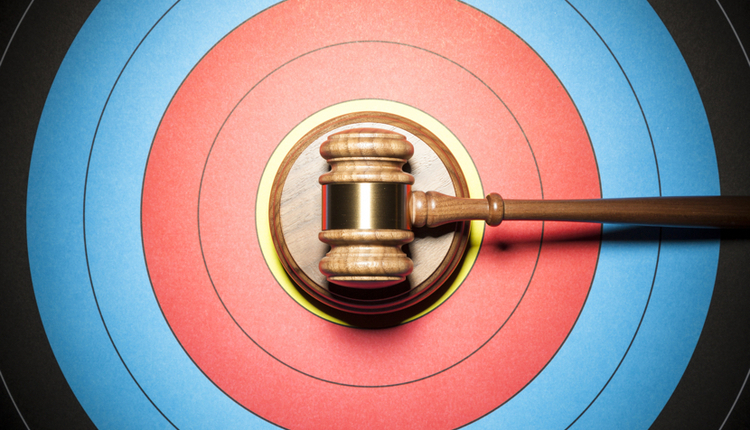The Fourth Amendment states that "the right of the people to be secure in their persons, houses, papers and effects, against unreasonable searches and seizures, shall not be violated, and no warrants shall issue, but upon probable cause, supported by oath or affirmation, and particularly describing the place to be searched, and the persons or things to be seized." So, how does that apply to searches of cellphones and other devices, such as GPS tracking systems? In our brave new electronic world, are you still afforded the protection of privacy that America's founding fathers intended when they authored the amendment? Or has privacy become a foolish expectation, as obsolete as the buggy whip?
For most of us, our cellphone is a filing cabinet, photo album, task manager, personal diary, travel itinerary, bank statement and numerous other data applications, all rolled into one. However, to a policeman, criminal investigator or detective, it is a potential treasure trove of useful and incriminating data, and the less hassle and red tape it takes to obtain that data, the better. That is to say, they prefer that the search be warrantless.
The requirements for a search warrant vary from state to state. A Rhode Island judge ruled that the police needed a search warrant in a case involving a man being charged with the murder of a six-year-old boy, dismissing the cellphone evidence on which the case was based. A court in Washington compared text messages to voicemail messages that can be overheard by anyone in a room and are, therefore, not protected by state privacy laws. In other states, courts are weighing whether location records stored in smartphones deserve privacy protection or whether they are "business records" that belong to the phone companies.
Judges in other states have reached differing conclusions on whether a warrant is needed for cellphone searches. The Ohio Supreme Court banned the practice, but courts in Florida and Georgia have upheld warrantless searches, as have state courts in California, Washington and Colorado. The issue is not addressed definitively by federal law, either—another instance of technology running ahead of the law and the Constitution.
At times, the ruling of a given court seems dependent on the metaphor that it prefers to use to put it in the context of the Fourth Amendment. For instance, in the case of Ohio v. Smith, the police had an informant call Smith on his cellphone and set up a drug purchase. Then, after Smith was under arrest, they confiscated his phone and searched the call log to validate the informant's call. The court let the evidence in for use at trial, likening Smith's cellphone to a closed container that was legally subject to a warrantless search under the Fourth Amendment.
The State Supreme Court reversed the decision, comparing the cellphone to a laptop computer rather than luggage, boxes or other containers because of its capability of storing huge amounts of private data. The court reasoned that because the average user has a high expectation of privacy regarding the contents of a cellphone, police may seize the phone in order to preserve the evidence but must procure a search warrant before accessing its stored data. Clearly, a cellphone more closely resembles a portal to a vast amount of personally stored data than it does a mere container, especially when it can be used to retrieve information residing elsewhere, like in the cloud.
When it comes to GPS records captured by smartphones, privacy advocates insist that the trail of one's travel is intrinsically private, while law officers maintain there can be no privacy claim over signals transmitted from an individual mobile device to a cellphone tower, which they categorize as third-party data. Recently, the Supreme Court ruled that affixing a GPS-enabled tracking device to an automobile without the car owner's knowledge is an instance of federal trespassing and that warrants will be required from now on. Since the issue of cellphone privacy is a constitutional one in dire need of clarification, the issue of warrantless searches of mobile devices should be high on the list of the next round of cases to be decided by the US Supreme Court.
ARTHUR GINGRANDE is a partner of IMERGE Consulting in Lexington, MA and nationally recognized expert in ICR, forms processing and document automation. He is also a practicing attorney who specializes in electronic discovery, regulatory compliance and intellectual property law. For more information, visit www.imergeconsult.com or email gingrande@gmail.com.










